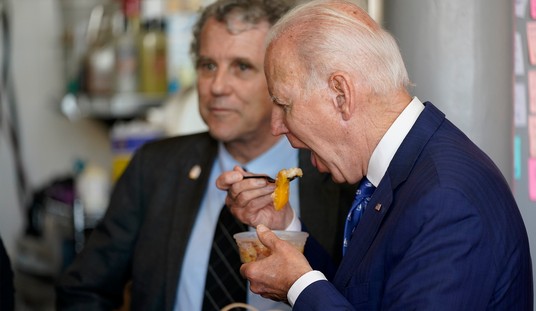With Santorum’s win this last weekend in Louisiana, he continues a trend of faring better than Romney in Right-to-Work (RTW) states. Many of these RTW states are located in the south and have historically been states that haven’t been impacted by labor unions such as those in the northeast and midwest.
A Right-to-Work law simply put secures the right of workers or employees to choose for themselves whether or not to join or financially support a union. Currently 23 states have such laws, and after states pass those laws the influence of unions dramatically decreases. After all, when given a choice can you blame workers for wanting to keep more of their paycheck?
The reason I bring up RTW laws in context of the Republican primary, is that there seems to be a tendency for the states that are used to battling with labor unions (like Illinois, Michigan, Ohio) to back Romney and states where unions are virtually a non factor (like Oklahoma, Alabama, Tennessee) to move towards Santorum.
While there are many factors and circumstances that go into each state’s choice, the Labor angle is interesting when taking a closer examination at the records of Romney and Santorum in this area. Many of the Republican candidates have consistently jumped on pointing out and criticising Santorum over his rather spotty record on Labor issues. Going back to Santorum’s time in the Senate, he voted against the National Right to Work Act of 1995 and also supported expansion of the Davis-Bacon Act amongst other Big Labor support. Both of those are items that Romney has been a very vocal opponent of and are major issues to voters in these northeast and midwest states, but not a major concern to southern voters.
Recommended
Take, for instance, Illinois. If there is any place that knows the hazards of mobbed-up corruption brought on by monopolistic union power, it is Illinois and they chose to go with Romney. It is quite possible that Santorum is getting away with his union record in the states that have little or no experience with union corruption and the economic malaise they bring.
This year is a pivotal year for the long term viability and political influence of Big Labor. We can expect to see more states moving towards Right-to-Work laws and seeking to limit the economic drain to business and creating jobs. We would do well to have a President in office who understands these issues, has a consistent and clear stance on where they stand on these issues, and knows that we must get started post haste at focusing America on helping job creators—not job killers.

























Join the conversation as a VIP Member